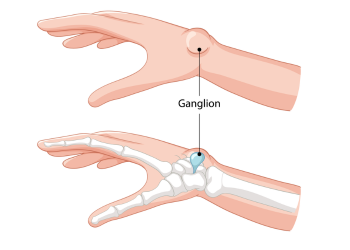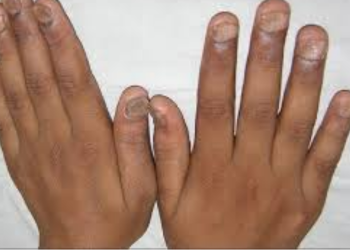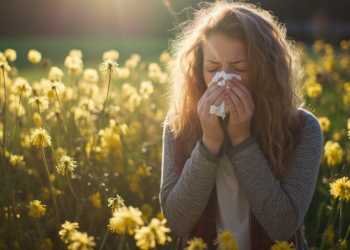Kidney Stone

A stone in your kidney is an irregularly-shaped solid mass or crystal
that can be as small as a grain of sand up to the size of a golf ball. Even small stones can cause extreme pain as
they exit your body through your urinary tract.
A large kidney stone can get trapped in your ureter. The stone can cause
bleeding and keep urine from leaving your body.
RISK FACTORS
- Men in their 30s and 40s are most likely to get kidney stones.
- Not drinking enough water
- Diet
- Family history of kidney stones.
- Blockage in your urinary tract.
- Some medications
Certain medical conditions can also increase your risk of developing
stones.
- Hypercalciuria (high calcium levels in your urine).
- High blood pressure.
- Diabetes.
- Obesity.
- Osteoporosis.
- Gout and cystic fibrosis.
- Kidney cysts.
- Parathyroid disease.
- Inflammatory bowel disease and chronic diarrhea.
- Certain foods
- Meats and poultry (animal proteins).
- Sodium (diets high in salt).
- Sugars (fructose, sucrose, and corn syrup).
- Fish, beans, and other protein-rich foods
SYMPTOMS
- Pain in your lower back or side of your body. This pain can start as a
dull ache that comes and goes.
- Nausea and/or vomiting
- blood in your urine.
- pain when urinating.
- Unable to pass urine
- Frequent urination
- Fever or chills.
- Urine that smells bad or looks cloudy.
DIAGNOSIS
- X-ray, CT scan, and ultrasound scan
- Blood test
- Urine test
MANAGEMENT
- Lemon juice. Lemon juice is rich in citrate, which can help prevent
kidney stones from forming. Citrates are found in several citrus fruits
including lemons, limes, oranges, and melons.
- Coffee. Studies show that coffee may decrease your risk of
developing kidney stones.
- Avoid soda and other drinks with added sugar or fructose corn syrup.
- Drink water. Drink at least six to eight 8-ounce glasses every day.
- Limit salt.
- Lose weight.
Take foods that are high in calcium including:
- Cow’s milk.
- Yogurt.
- Cheese.
- Broccoli.
- Kale.
- Calcium-fortified juices.
- Dried beans.
- Salmon.
- Calcium-fortified hot cereal.
Foods to avoid
- Spinach.
- Rhubarb.
- Strawberries.
- Tea in excess
- Dried peas and beans.
- Nuts and nut butter.
- Wheat bran





